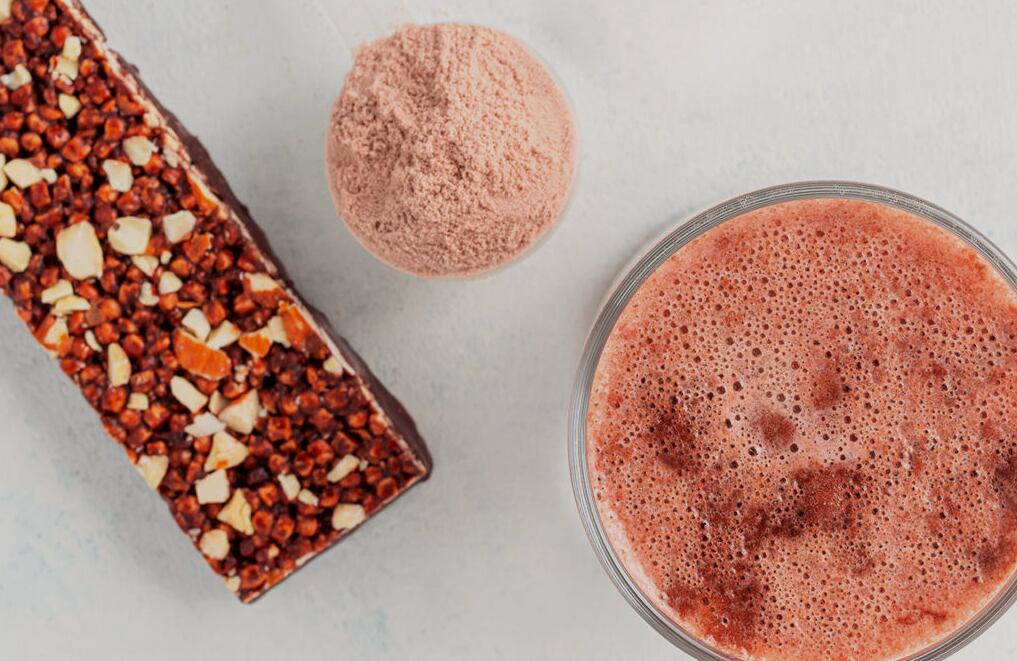The team finds a high-carbohydrate and high-protein diet has opposing impacts on endurance performance in highly trained athlete populations.
“Reduced performance is linked with disturbance of microbial stasis in the gut,” the study concludes.
“We demonstrate bacteriophage communities are the most sensitive component of the gut microbiota to increased gut stress following dietary manipulation.”
Dr Justin Roberts, study co-author and Associate Professor in Health and Exercise Nutrition at Anglia Ruskin University (ARU) adds: "We cannot be certain that the high amount of protein in the body was entirely responsible for the significant drop in time-trial performance.
“However, it was found that there were certainly changes to the gut microbiome following a short-term high-protein diet which appeared to be associated with performance.”
Study design
The double-blind, repeated-measures design randomised control trial (RCT) began looking at the link between performance and gut health in a group of highly trained endurance runners.
Performance outcome measures included gut bacterial, viral (FVP), and bacteriophage (IV) communities.
Findings revealed a high-dietary carbohydrate diet improved time-trial performance by +6.5% and was associated with expansion of Ruminococcus and Collinsella bacterial spp.
In contrast, high dietary protein led to a reduction in performance by −23.3% and was linked to reduced diversity and altered composition of the gut phageome.
The diet was also associated with the enrichment of the Sk1virus and Leuconostoc bacterial populations.
"The diets were well controlled and carefully balanced and so we think it is unlikely that the protein itself caused a drop in performance,” adds Dr Roberts.
“Instead, we think it is possible that the changes to the gut microbiome could impact intestinal permeability or nutrient absorption, or the messages between the gut and the brain, affecting perceived effort and therefore performance."
Results reasoning
In discussions, the team suggests the co-occurrence of Siphoviridae and Leuconostoc bacteria in HPD individuals may be due to supplementation with proteins derived from whey.
The researchers point out these microbes are highly abundant in and associated with fermentation of dairy products.
The team adds that the expansion in both inducible and free viral taxonomic communities identified in the HPD may be a result of greater bacterial cell stress in the gut environment.
This could be due to a lack of fermentable substrate (carbohydrate) in the HPD and highlight the potential negative impacts of HPD.
Source: mSystems
Published online: DOI: 10.1128/msystems.00129-22
“Gut Microbial Stability is Associated with Greater Endurance Performance in Athletes Undertaking Dietary Periodization.”
Authors: Matthew Furber et al.




